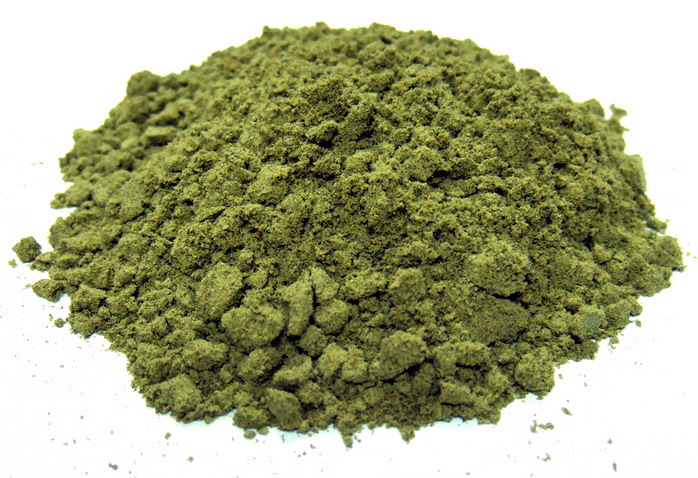The packaging on many popular whey protein shakes and supplements makes them seem like miracle products. It all begs the question: Do protein shakes really work to build muscle mass? Or is it marketing hype?
As it turns out, whey protein has been extensively tested - including a 2001 study published in the International Journal of Sport Nutrition and Exercise. In the study, 36 males were divided into three groups and underwent 6 weeks of strength training. Compared to the placebo group, men who supplemented with whey protein experienced more lean muscle mass and tested higher on many strength measures.
According the Mayo Clinic, the muscle building claims of whey protein are given a score of “B” - meaning that there is good scientific evidence for this use:
Whey protein has been studied for promoting muscle growth and improving athletic performance. Taking whey protein after exercise may have benefits in both men and women, in terms of improving protein oxidation and blood levels of essential amino acids. Overall, short-term studies have suggested that whey protein increases muscle mass and strength. Some conflicting results have been found in terms of whey protein’s effects on body composition. More research is needed to confirm these results over a longer period of time.
Of course, just consuming whey protein won’t magically grow your muscles. Whey protein supplementation must be in addition to a comprehensive strength training and nutrition program that targets muscle growth. And, too much protein can be detrimental to your health.
In other words, whey protein can be a powerful tool in building lean muscle mass - but it’s just one factor of many.








 There are a lot of different
There are a lot of different 





